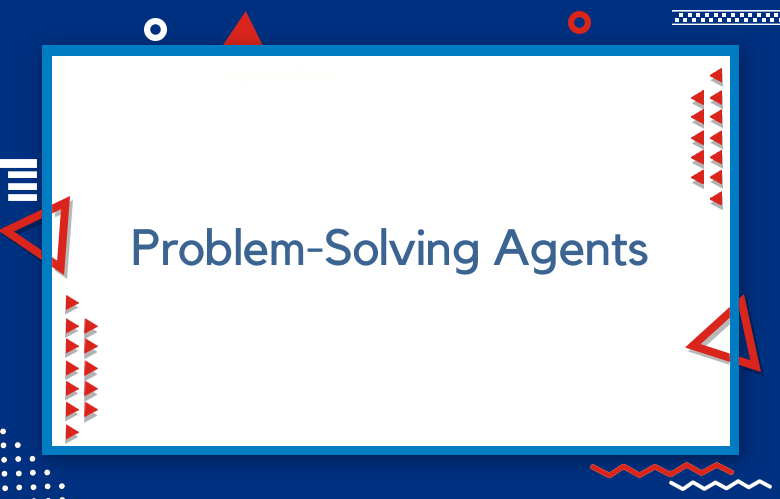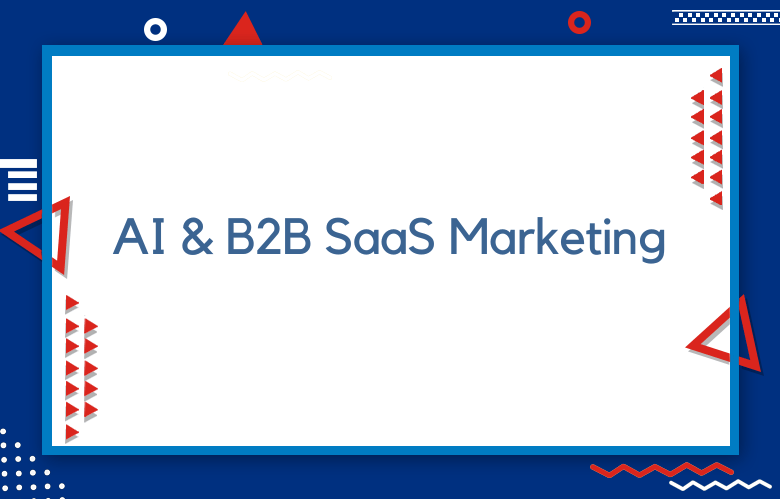Marketing Problem-Solving Agents in Artificial Intelligence

The marketing world has undergone a significant shift in recent years with the advent of artificial intelligence (AI). AI has revolutionized how marketers work and introduced new techniques for understanding consumer behavior. However, as with any new technology, it has its problems.
One of the challenges facing marketers today is making the most of AI’s potential to help solve marketing problems. We will discuss how marketing problem-solving agents in artificial intelligence can help overcome these challenges.
What are Marketing Problem Solving Agents?
Marketing Problem-Solving Agents (MPSAs) are virtual agents that use cognitive computing to help businesses identify, analyze, and solve marketing problems.
MPSAs are designed using Artificial Intelligence technologies such as Machine Learning (ML), Natural Language Processing (NLP), and Deep Learning. These agents learn from past data and use this information to provide recommendations to marketers.
Marketing Problem-Solving Agents in Action
MPSAs can help marketing teams in several ways. For instance, they can analyze consumer data to identify trends and provide recommendations on how to optimize campaigns.
MPSAs can also use sentiment analysis to monitor social media channels to identify issues, complaints, and opportunities. This information can then be used to design targeted campaigns that resonate with consumers.
Exploring the Power of Marketing Problem-Solving Agents in Artificial Intelligence
Artificial Intelligence (AI) can transform the marketing world and create new possibilities for enhancing customer experiences. Marketing revolves around identifying and solving customer problems. AI has emerged as a powerful solution to unlock this process.
AI can successfully analyze vast amounts of data that traditional marketers cannot, providing insights that drive better decision-making. One part of AI that is gaining popularity is the marketing problem-solving agent.
Marketing problem-solving agents are designed to collect data, identify potential challenges, and deliver solutions that meet the customer’s needs. We’ll explore how marketing problem-solving agents in artificial intelligence work and their effectiveness in modern marketing.
The Future of Marketing Problem-Solving Agents in Marketing
The future of MPSAs in marketing is promising, with businesses worldwide increasingly adopting these virtual agents.
As AI technologies advance, MPSAs will become more sophisticated and capable of addressing complex marketing challenges.
In the years to come, MPSAs will likely become an essential tool for marketers looking to optimize their campaigns, reach their target audiences, and gain a competitive edge in their respective industries.
The Rise of Marketing Problem-Solving Agents in Artificial Intelligence
Artificial Intelligence (AI) is no longer just a buzzword; it has become a staple in the marketing industry.
The latest innovation in AI has created Marketing Problem Solving Agents (MPSAs) designed to help businesses solve their marketing challenges.
We will dive into what MPSAs are, how they work, and how they have revolutionized the marketing industry.
Marketing Problem-Solving Agents (MPSAs) use AI and Machine Learning capabilities to help business owners solve their marketing problems quickly and efficiently. These agents analyze data sets to draw insights and formulate recommendations on improving marketing campaigns’ effectiveness.
The MPSAs algorithm considers internal and external factors, such as audience preference, behavior, competition, brand positioning, and industry trends.
Types of Marketing Problem-Solving Agents
Understanding the Problem
The first step in using AI for marketing problem-solving is understanding the problem. AI agents will be more effective if given a structured problem they can work with.
It is essential to describe the problem clearly and break it down into smaller, manageable parts. This will help the AI agent understand the problem and develop the best solution.
Data Collection
The agent needs data to begin the problem-solving process. This is where data collection comes in.
The more data fed into the AI agent, the better it will be at problem-solving. Various data sources, like social media, web analytics, and surveys, can be used to collect data about consumer behavior.
Machine Learning
Machine learning is a critical part of AI for marketing problem-solving. It enables the machine to recognize patterns and decide based on the collected data. It can be used to analyze the data and generate insights about consumer behavior.
The machine can then apply this knowledge to help solve marketing problems like predicting consumer intent or uncovering new market segments.
Automate the Process
One of the most significant advantages of AI agents is that they can automate many marketing processes that traditionally require manual work.
By automating these processes, marketing teams can focus on other vital business areas, like strategy and innovation. AI agents can save time and effort by automating tasks like lead generation, sales, and customer service.
Verify Results
It is essential to verify the results generated by AI agents to ensure they are accurate. These results need to be validated by a human expert who can review and confirm them.
While AI has many advantages, it is essential to remember that it is not perfect. Verification helps to catch errors in the results and ensures that the conclusions drawn are reliable.
Benefits of using Marketing Problem-Solving Agents
Enhanced Efficiency and Productivity
One of the main benefits of using marketing problem-solving agents is that you save time and achieve more in less time. With marketing agents, you can automate tasks that would have taken hours or days to perform.
For instance, deploying chatbots with pre-determined answers to standard questions will help you save time, instantly reply to customer queries, and enhance productivity.
In-Depth Data Analysis
Big data analytics is an area that’s rapidly gaining traction with businesses, and marketing problem-solving agents can simplify the process for you.
You can harness the power of AI technologies to analyze customer demographics, track web traffic, and monitor changes in market trends to get a competitive edge.
You can understand which marketing campaigns resonate most and create more tailored ads and campaigns to get more leads and improve your conversion rates.
Enhanced Customer Interaction
Today’s customers expect fast and efficient services, which can be challenging if your customer service team needs to be adequately equipped.
With marketing problem-solving agents, you can enhance customer interaction with 24/7 availability, instant replies, and personalized interactions. This can help you improve customer satisfaction rates, increase positive reviews, and reduce customer churn.
Constant Improvement
A critical factor that businesses sometimes miss out on is improving the marketing process to stay ahead of the competition.
Marketing problem-solving agents offer tracking and analytics on your marketing strategies, allowing you to continually analyze and refine your marketing operations. This can help you stay ahead of the curve, improve customer satisfaction, and achieve long-term business growth.
Conclusion
Overall, marketing problem-solving agents in artificial intelligence have the potential to revolutionize the way marketers work. These agents can collect and analyze large amounts of data, generate insights, and automate many marketing processes.
However, to maximize their potential, it’s essential to understand the problem, collect data, employ machine learning, automate processes, and verify results.
By doing so, marketers can enjoy AI’s benefits and overcome the marketing challenges in today’s rapidly changing landscape.
Call: +91 9848321284
Email: [email protected]



